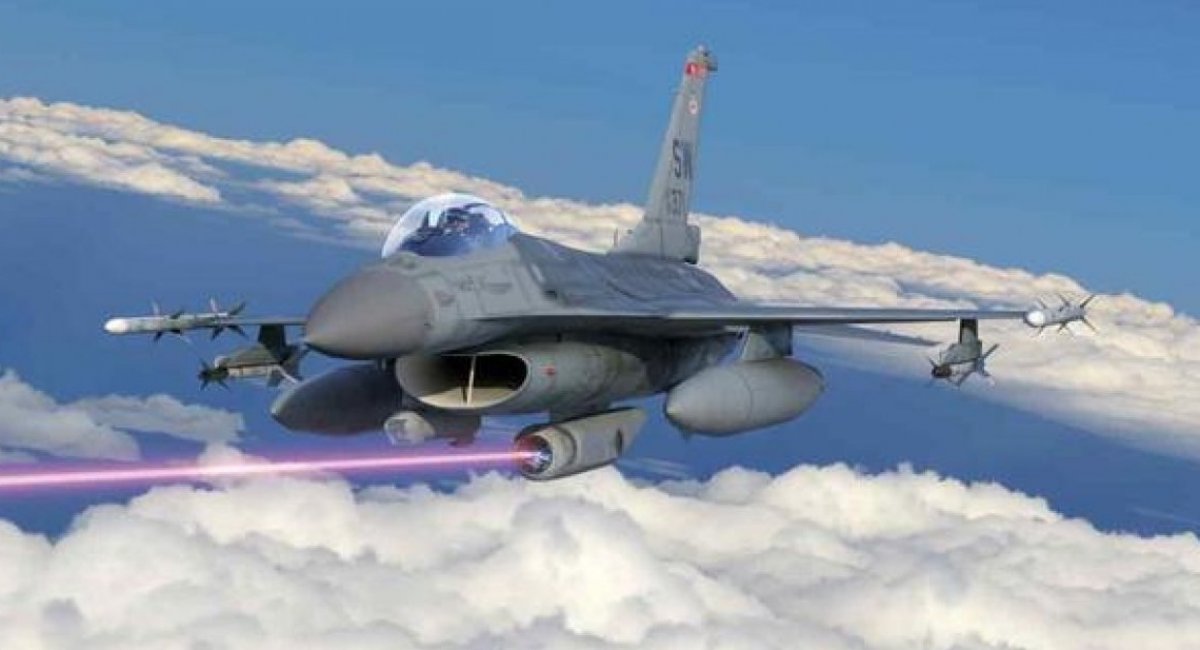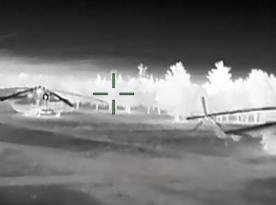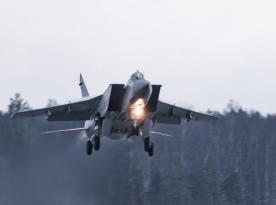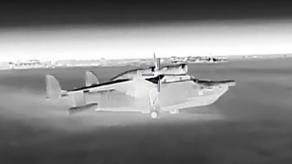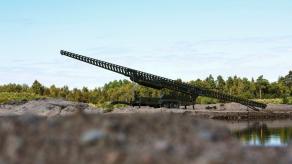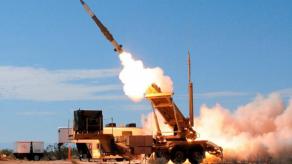Israel's defense giant Elbit Systems is developing an airborne version of the Iron Beam laser system for the country's air force. While the exact aircraft platform has not been disclosed, it could potentially include fighter jets such as the F-16, F-15, or F-35.
According to Aviation Week, Elbit CEO Bezalel Machlis confirmed work on the program during a Q2 2025 earnings call, noting global interest from potential international customers.
Read more: Japan Weighs Bayraktar UCAV Purchase After its Success in Ukraine
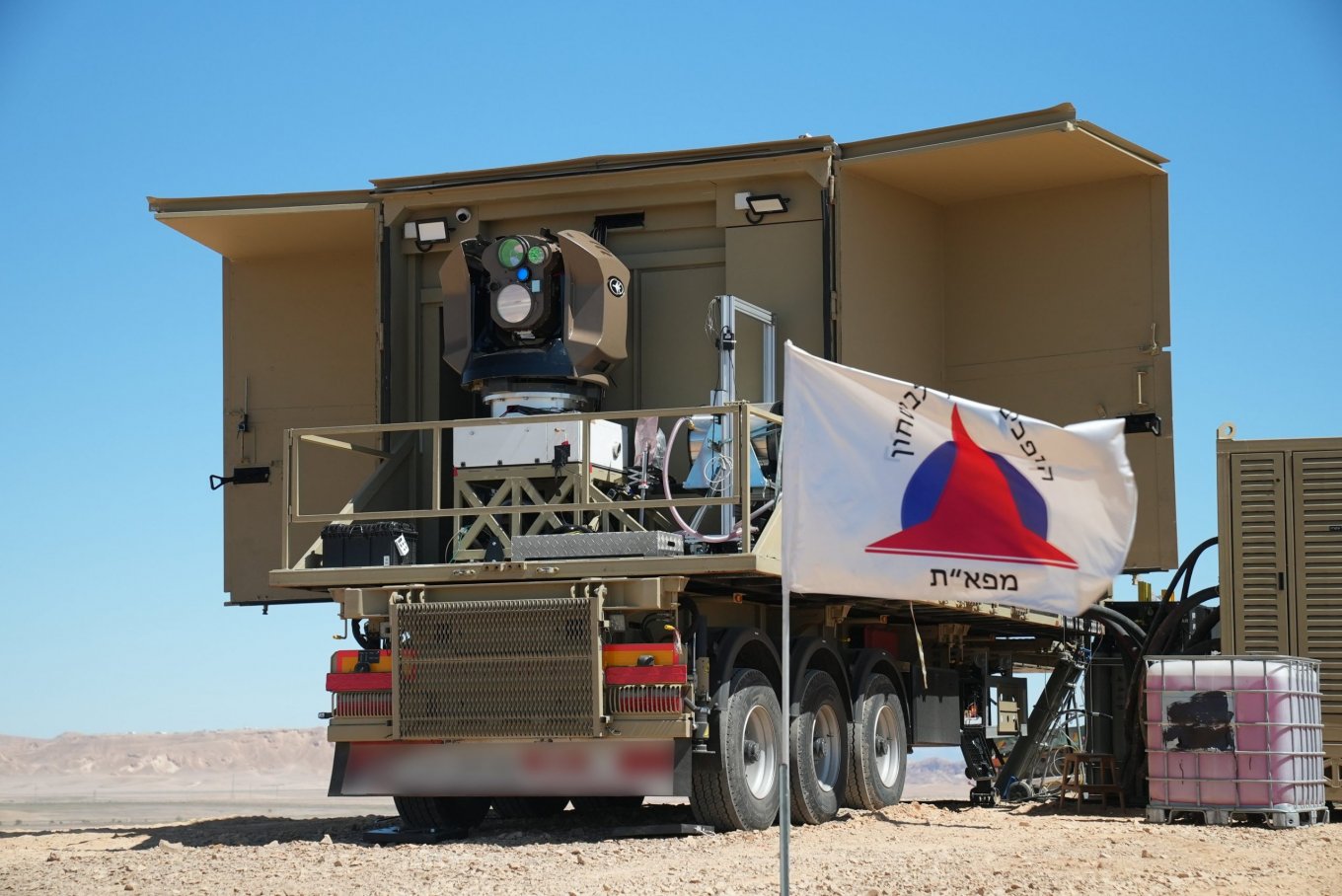
Elbit supplies the Iron Beam laser to the main contractor, Rafael, which announced in May that the system had already been used successfully to destroy hostile drones.
This is not the first attempt to integrate a high-energy laser into aircraft. One of the most famous projects was Boeing's YAL-1, based on a modified Boeing 747, designed to intercept ballistic missiles during launch. The program was canceled due to impracticality.
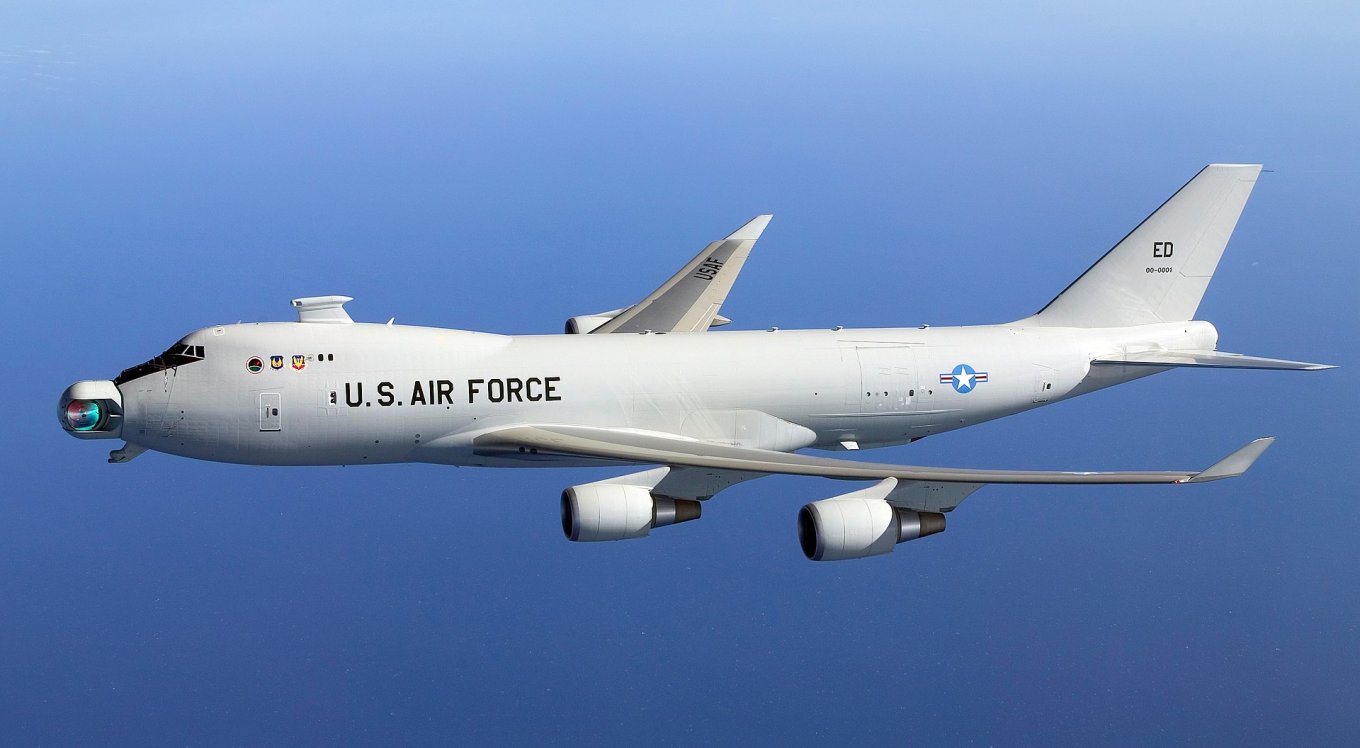
Another effort involved installing lasers on AC-130J gunships under the Airborne High Energy Laser (AHEL) program, which was later shelved due to technical hurdles
Similar attempts were also made under the Self-Protect High Energy Laser Demonstrator (SHiELD) project, intended for fighters such as the F-22 and F-35. Planned tests on the F-15E in 2024 never materialized after the program was canceled.
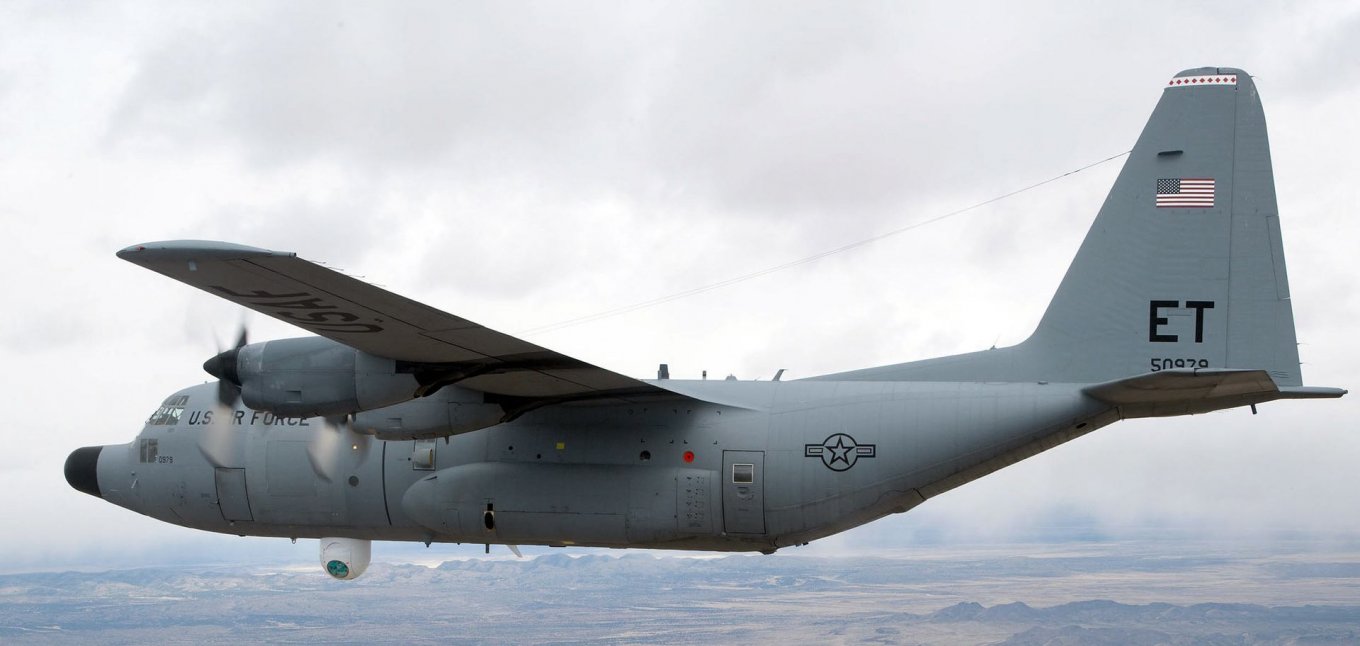
Modern airborne lasers still face challenges: limited range, heavy power demands, and dependence on weather and atmospheric conditions. For now, most operational systems remain ground- or ship-based.
If Elbit manages to overcome these barriers, a laser-equipped fighter could become a cost-effective solution for countering drones. After all, Iron Beam has already demonstrated its ability to intercept UAVs from ground platforms.
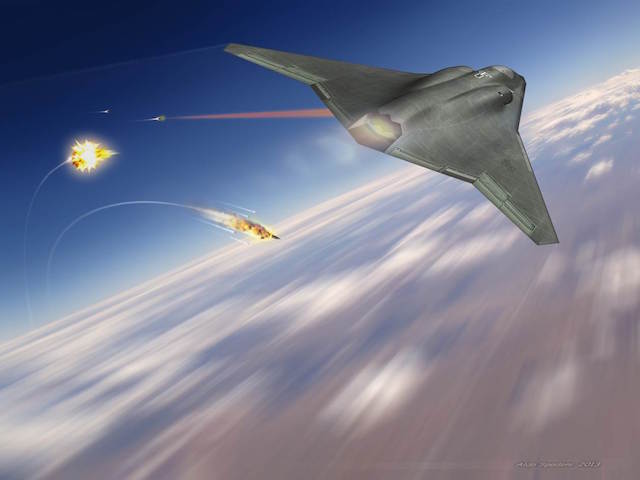
For Ukraine, such a system might sound attractive but remains impractical and situational, making investments in more established solutions such as APKWS rockets launched from fighters more realistic.
Read more: Evidence Points to Another russian Shahed-136 Incursion 100 km into Poland, Warsaw Starts With Denial Again




